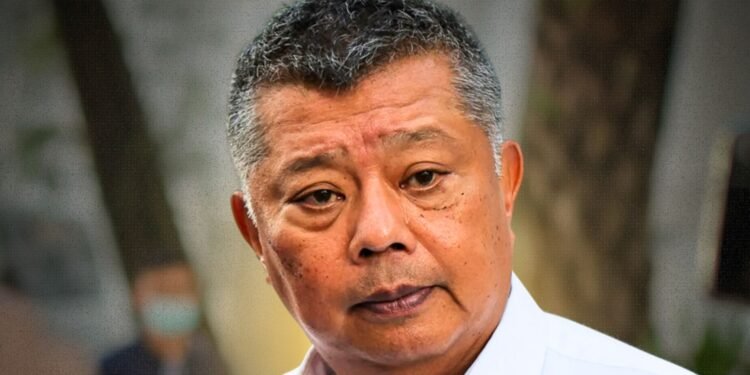Justice Secretary Jesus Crispin Boying Remulla has been appointed as the 7th Ombudsman of the Republic of the Philippines, becoming the first sitting Justice Secretary — and the first politician with a long local and congressional career — to hold the post since the office was reestablished under the 1987 Constitution.
He will assume office once he takes his oath and vacates his position at the Department of Justice, a transition expected within days of the release of his appointment papers and acceptance of his resignation.
Under the Constitution, the Ombudsman is appointed by the President from a shortlist submitted by the Judicial and Bar Council (JBC) and serves a non-renewable seven-year term.
The JBC released its shortlist on Monday, and Remulla’s appointment followed the next day — an unusually swift turnaround for a post meant to stand apart from politics.
Before his stint at the DOJ, Remulla served as Governor of Cavite from 2016 to 2019, and earlier as Representative of Cavite’s 7th District, where he also became Deputy Speaker of the House.
He began his career as a provincial board member in the early 1990s and later worked as Assistant Secretary in the Office of the President and Chief of Staff to then-Senator Luisa Estrada.
A lawyer by training, he was also known as a broadcast commentator and political affairs host before returning to Congress in 2019.
As Justice Secretary, Remulla pushed for reforms in prison decongestion, digitalization of case handling, and streamlining of preliminary investigations to address case backlogs.
He also sought to modernize the National Bureau of Investigation and strengthen coordination among law enforcement agencies.
He repeatedly emphasized a “swift but fair” approach to justice, discouraging what he called “trial by publicity.”
He drew both attention and criticism for his stance against international intervention, particularly the International Criminal Court’s (ICC) investigation into the Duterte administration’s drug war, which he said undermined national sovereignty.
He also faced controversy when his son was arrested in a drug case in 2022 — a moment that tested his public credibility but which he handled by refusing to interfere, saying, “I will not influence, I will not intervene.”
Malacañang cited his long record in government as proof of competence and dedication, describing him as capable of leading the country’s top anti-graft institution and upholding the rule of law.
But Remulla’s appointment marks a sharp break from tradition. All previous Ombudsmen came from the judiciary or prosecutorial ranks — figures whose careers were built on distance from partisan politics.
Remulla, by contrast, rose from the very world the office was designed to keep in check. He will now lead an institution empowered to investigate and prosecute government wrongdoing, including within agencies he once supervised and alongside people he once worked with in Congress and the Cabinet.
The Office of the Ombudsman was created to protect citizens from abuse of power. With a politician now in charge of that mission, the country enters new, untested territory for an office built to stand above politics.












